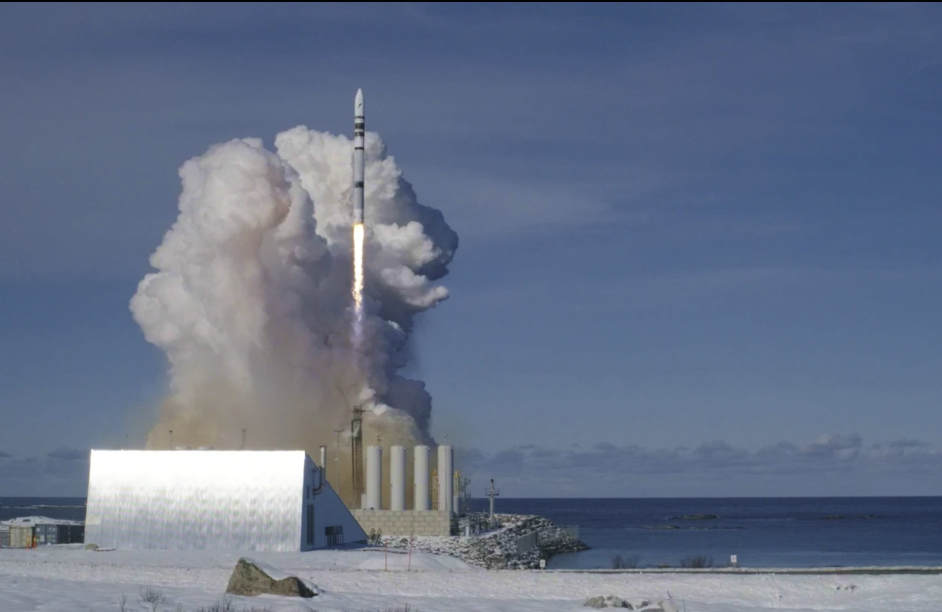A rocket launched by the European private aerospace company Isar Aerospace from Norway on Sunday crashed into the sea just 30 seconds after liftoff. Despite the brief flight, Isar Aerospace announced that the mission was a success, marking the first test flight of its Spectrum orbital launch vehicle. The rocket took off from Andøya Island in northern Norway at 12:30 p.m. local time (1030 GMT), reaching a height before its flight was intentionally terminated.
The 28-meter (92-foot) Spectrum is a two-stage vehicle designed to deploy small and medium satellites into orbit. According to Isar, the controlled termination of the rocket’s flight allowed the company to gather valuable data for future missions. Footage from the launch showed the rocket ascending, followed by a fiery descent into the sea.
The launch faced challenges due to weather conditions, with a previous attempt on March 24 scrubbed because of strong winds and another delay on Saturday due to weather restrictions. Despite these setbacks, Isar’s CEO and co-founder, Daniel Metzler, described the test as a success, highlighting the clean liftoff, the 30-second flight, and the validation of the Flight Termination System.
Isar had not expected the rocket to reach orbit on its first test flight, considering a 30-second flight a success to collect critical data and assess the performance of the vehicle’s systems. The company operates independently from the European Space Agency, which has traditionally launched rockets and satellites from French Guiana and Cape Canaveral.
The European Space Agency Director General praised Isar’s efforts, emphasizing the difficulty of rocket launches and encouraging the company to continue pushing forward.













